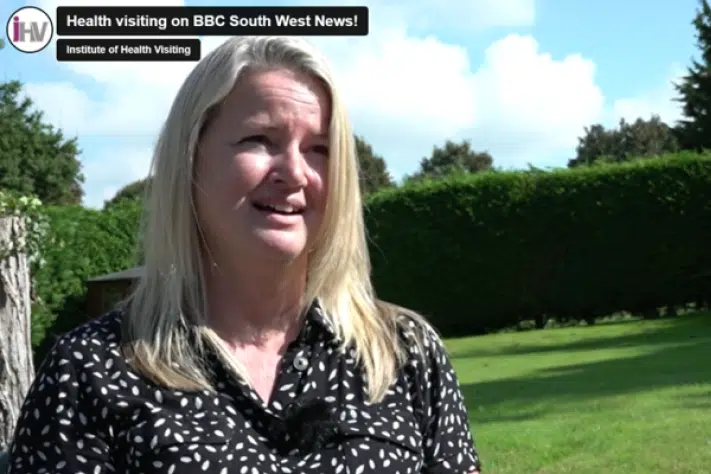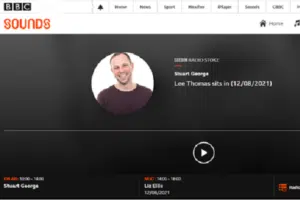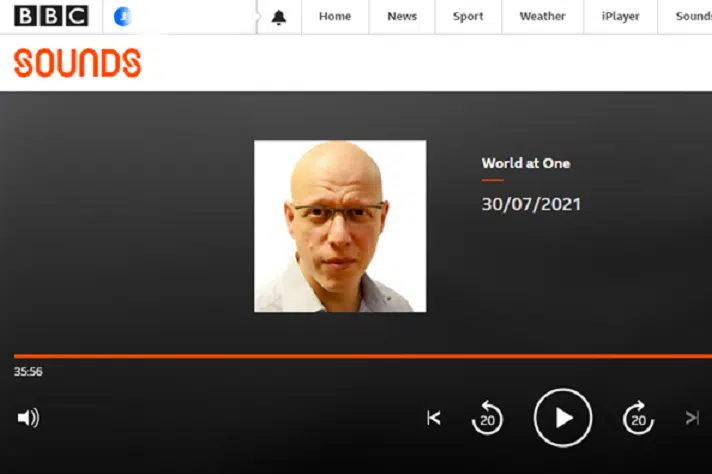Alison Morton, CEO iHV, joined Mishal Husain as a guest on the BBC Radio 4 Today programme this morning to speak about the state of health visiting in England. The interview was set up in response to yesterday’s hard-hitting report from the Academy of Medical Sciences which was featured on their programme, highlighting a growing crisis across the early years – with wide ranging evidence of declining health that takes root from preconception through pregnancy to the first five years of life.
If you missed Alison’s interview, the news item on the Today programme starts at 53:36 with Mishal Husain summarising the findings from Sir Andrew Pollard’s report and its urgent call for the health of the under 5s to be addressed. Mishal questioned the role of health visitors in addressing some of these issues and asked Alison for her views on why so many families were missing out on this vital support:
Alison said:
“We just heard yesterday, Andrew Pollard’s report talks about how important it is to identify problems and treat them early….. We have a huge problem with the number of health visitors in England.
“All families in England should be entitled to see a health visitor from pregnancy to age of 5…We know many are missing out.
“Health visitors are supporting millions and millions of families every year, but we’ve had a 40% cut in our workforce over the last 9 years and now there aren’t enough health visitors to meet the scale of need. And sitting alongside the increased need that we heard about yesterday, we really should be investing in health visitors rather than cutting the service further.”
When asked if it was an England problem when comparing to the 11 health contacts that Scotland provides and that 9 that Wales provides, Alison commented:
“It’s hugely variable across all the UK nations, and also within England itself. So in some parts of the country, families are getting a pretty good level of support and in other areas families are getting virtually nothing.
“We know many children are not receiving the support that they need. And actually what that does is that it strips out the mechanism to identify problems early, to treat them before they reach crisis point. So, what we’re seeing is knock-on consequences into other services – we’ve heard about the soaring rates of A&E attendance… the under 1s are the highest users of A&E, and the rate has increased by 42% in the last 10 years in England. Whereas, in Scotland, they don’t have this problem, because they have intensive home visiting by health visitors who support families in the heart of the community.”
When asked about the 5 mandated visits in England, Alison commented:
“This is the bare minimum…. That is an opportunity to reach families. Health visitors’ USP is that they reach all families. They are the only service that proactively and systematically reaches families with babies and young children. This is vitally important because we know that babies are our most vulnerable citizens, at the highest risk of harm, and also, we know that the foundations of future health and wellbeing are laid in early childhood, so getting support early really makes a huge difference.”
- Recording available for 29 days only from 6 February 2024
- Listen to the full 4 minute interview with Alison Morton – starts at 53:36
- Piece ends 57:45





